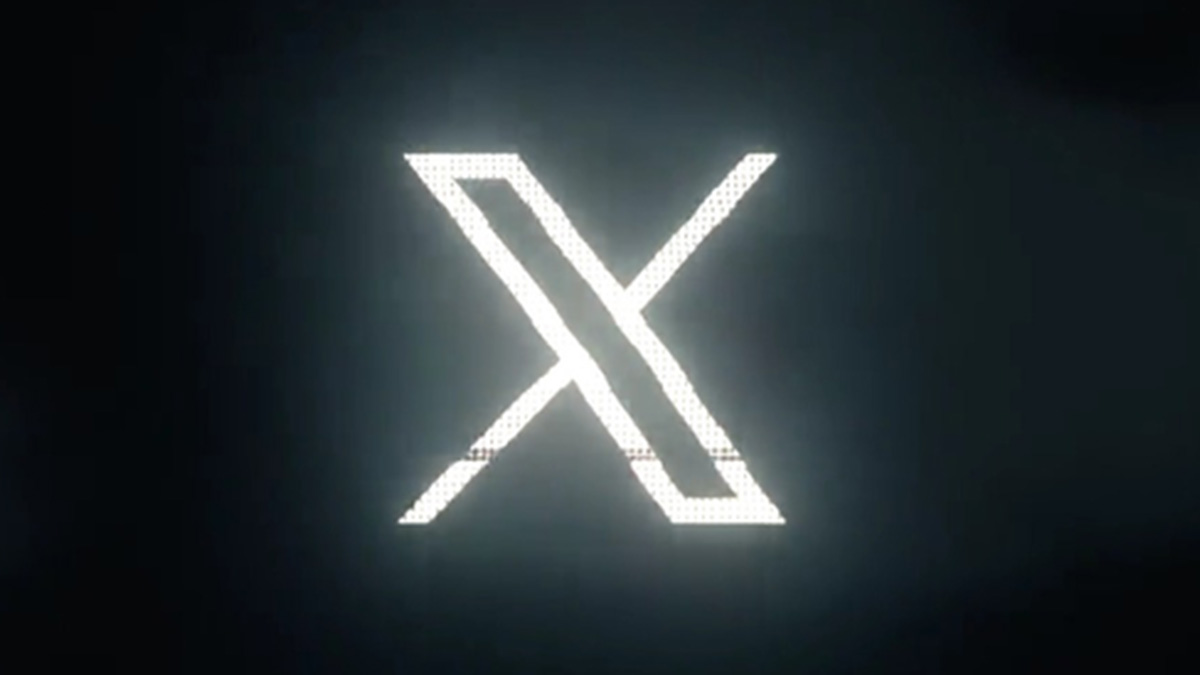Social media platforms are crucial in influencing public opinion and spreading knowledge about important international issues in the current digital era. There is no exception to this in the Israel-Hamas war, as online forums such as Twitter (now called X) are becoming information battlegrounds. But according to a new NewsGuard investigation, a stunning discovery has surfaced: verified users on X with Blue credentials are purportedly disseminating a significant amount of false information regarding the Israel-Hamas conflict. This article explores the study’s main conclusions, looks at the implications of these discoveries, and expresses worries about the manipulation of misinformation on social media.

Credits: Latestly
Verified Users and Misinformation: The Alarming Connection
The NewsGuard analysis examined the top 250 postings that generated engagement during the first week of the Israel-Hamas conflict (October 7–14) and pushed unverified or inaccurate accounts of the fighting. The findings showed that accounts verified by X and wearing the coveted Blue badge were responsible for an astounding 74% of these posts. This is a really worrying discovery because it suggests that a large amount of false information about the conflict is being spread by people who are generally regarded as reliable sources.
The Scale of Misinformation
Misinformation can have far-reaching consequences. Collectively, the posts promoting these false narratives received over 1.3 million engagements and reached more than 100 million people globally in just one week. The impact of misinformation on the Israel-Hamas conflict cannot be underestimated, as it can fuel anger, hatred, and misunderstanding on an international scale.
Twitter’s Efforts to Combat Misinformation
X, under the leadership of Elon Musk, has introduced several features to combat misinformation on its platform. One notable feature is “Community Notes,” which allows users to contribute to fact-checking and flag misinformation. However, NewsGuard’s findings show that this tool is not as effective as desired. Of the 250 posts promoting misinformation, only 79 were flagged with a Community Note, indicating that the platform’s most harmful misinformation often goes unchecked.
The Wider Impact on Social Media
While X is at the forefront of this study, misinformation about the Israel-Hamas war is not limited to one platform. The researchers found similar narratives spreading widely on Facebook, Instagram, TikTok, Telegram, and other social media platforms. Nevertheless, X’s decision to reduce its moderation efforts and the platform’s role in amplifying these narratives makes it a central point of concern.
The Speed of Misinformation Spread
One significant revelation in the study is that most false narratives related to the Israel-Hamas war tend to go viral on X before spreading to other platforms. This highlights the urgency and responsibility of X to address the issue promptly, as unchecked misinformation can have a cascading effect across the digital landscape.
The Role of X Premium Accounts
The study also determined how X Premium accounts contribute to the spread of false information. According to reports, 24 out of 25 X Premium accounts shared the most popular hoax, which holds that Hamas purchased weapons from Ukraine. Furthermore, the desired Blue checkmark was present in 23 out of 25 accounts that promoted the second most-engaged myth, which said that CNN staged an on-screen attack on a CNN team. This begs the question of how well X Premium accounts are vetted and how much they aid in the spread of misleading material.
Concerns About X’s Verification Process
X’s verification process has evolved over time. Prior to Elon Musk’s acquisition of the platform, users were verified based on “authenticity, notability, and activity.” Now, anyone can become verified by paying an $8 fee, verifying a phone number, and adding a profile picture, without specifying the need for the photo to be of the account holder or a real person. This lax verification process calls into question the credibility of the Blue badge and whether it truly signifies a trusted source on the platform.
Conclusion
The results of the NewsGuard survey highlight a worrying trend in social media, especially on X, where false information on the Israel-Hamas war is being disseminated. Given the wide audience this erroneous information has reached and the effects of these lies, the impact of this misinformation cannot be understated. Even though X has taken action to counter false information, the analysis shows serious flaws in their approach. It also emphasizes the necessity of a more stringent verification procedure to guarantee that the highly sought-after Blue badge denotes legitimacy and authenticity.











